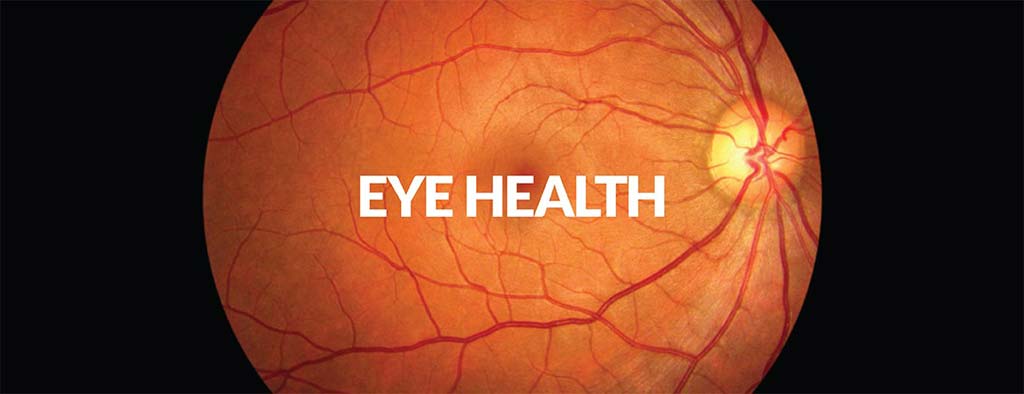Macular Degeneration
Macular Degeneration (MD) is a disease associated with aging that gradually caused loss of central vision.
In some cases, MD advances so slowly that people fail to notice the gradual deterioration of their vision. In others, the disease progresses faster and may lead to a permanent loss of central vision.
While there is presently no cure for Macular Degeneration, there are steps that you can take to prevent or slow the progress of the disease.
MD is present in 15% of people between the ages of 70-75 and is now the leading cause of blindness and severe vision loss in Australia.
Symptoms of Macular Degeneration
The first signs of MD involve distortion of vision where straight lines appear wavy or bent, rather than loss of sight.
- Difficulty reading.
- Difficulty distinguishing faces.
- Need for increased illumination.
- Sensitivity to glare.
- Decreased night vision.
- Reduced colour sensitivity.
- In many cases, MD progresses so slowly that people don’t notice changes until their vision has already been significantly compromised.
Risks for developing MD:
- Ageing is the greatest risk factor. The prevalence trebles with each decade over 40 years.
- Smokers have a 3 times greater risk of developing MD. They also develop the disease approximately 10 years earlier than non-smokers.
- Women have slightly higher risk than men.
- Family history is a risk factor. Genes have been identified and linked with MD. There is a 50% chance of developing MD if there is a family history of the disease.
Defense against MD:
- Early detection of MD is crucial as some forms of the disease may be arrested with early treatment.
- Regular eye examinations are the key to early detection before vision loss occurs.
- Eat a healthy diet. (See more details below).
- Consider taking a zinc and anti-oxidant supplement.
- Eye protection against UV damage. This is especially important before MD develops.
- Maintain a healthy weight and get some regular exercise (minimum of a 30 minute walk, three times a week).
- Don’t smoke.
Diet and MD
Diet can help with good eye health and there is a recommended eating program that can lower the risk of Macular Degeneration. Scientific studies have shown that MD responds to anti-oxidants and other nutrients. This is not an unpleasant diet, but simply emphasizes the benefits of vegetables, fruit and fish.
Anti-oxidants benefit our health by neutralisng “free radicals” in the body. The most important anti-oxidants are:
- Lutein – Found in especially high levels in leafy dark green vegetables (eg spinach)
- Vitamin C – Found in citrus fruits, papaya and rockmelon. Or vegetables like capsicum, peas and broccoli.
- Vitamin E – Found in nuts (almonds, pine nuts, brazil nuts), whole grains, leafy green vegetables, broccoli and carrots.
- Zinc – Found in meat, seafood (especially oysters), nuts (cashews, pine nuts, brazil nuts, pecans, almonds) and whole grains.
Eat a healthy well-balanced diet. Include fish at least two times a week and include dark green leafy vegetables. Eat fresh fruit every day, a handful of nuts each week and avoid fatty foods.
More information
Talk to your Eyecare Plus optometrist about having regular eye tests to help in the early detection of Macular Degeneration. To make an appointment with one of our optometrists at Eyecare Plus Cranbourne or contact our practice during business hours.
You can also visit the website of the Australian Macular Degeneration Foundation here.

